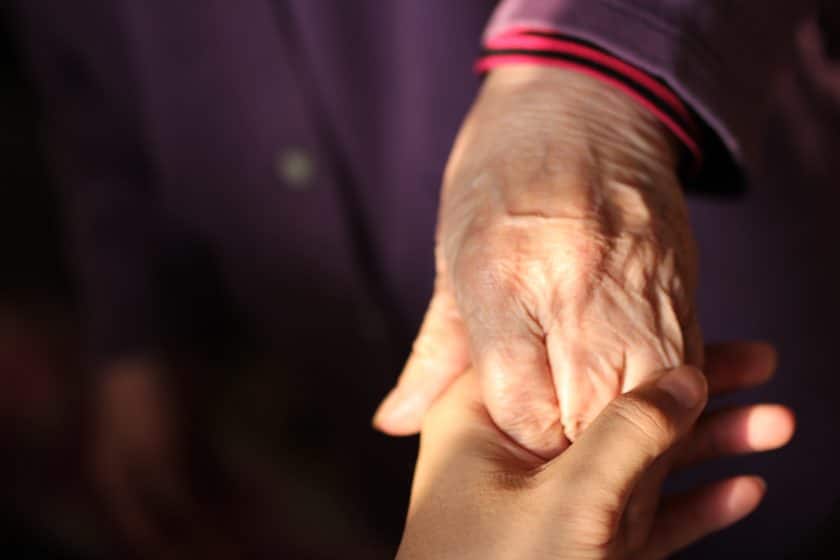Release of the latest Census data, Milestones: journeying through modern life, sheds light on the demographics of unpaid caregivers, showing individuals in their 50s are most likely to be providing unpaid care to loved ones.
Caregiving responsibilities encompass offering assistance or support to parents, partners, or other family members and friends due to long-term health conditions or illnesses. According to Census 2021, over a quarter (26%) of all unpaid caregivers fall into the 50s age bracket, with individuals at age 59 being the most prevalent providers of unpaid care compared to any other age group.
The data also underscores a gender disparity in caregiving responsibilities, with more women than men undertaking unpaid care duties. Approximately 12% of women aged 16 and over engage in unpaid caregiving, compared to 8% of men. Additionally, the Census’ Time Use in the UK bulletin reveals that women devote more time to unpaid housework, while men allocate more time to paid work.
Stephen Lowe, group communications director at retirement specialist Just Group, commented on the findings, emphasising the multi-faceted challenges and rewards associated with providing unpaid care. He noted that individuals in their 50s, often categorised as part of Generation X or Generation Anxiety, bear significant caregiving responsibilities amid a strained later-life care system.
Lowe highlighted Just Group’s polling data, which revealed that over 10% of Generation X individuals contribute financially to the care of elderly relatives, with an average weekly expenditure of £237.50. This financial burden surpasses the value of the new State Pension, underscoring the financial strain experienced by caregivers.
Lowe also emphasised the emotional toll of caregiving, with respondents expressing feelings of financial strain, fatigue, unpreparedness, and stress. He stressed the need for comprehensive social care policies to support caregivers, especially as they juggle caregiving responsibilities with other financial obligations and navigate an uncertain economic environment.





























